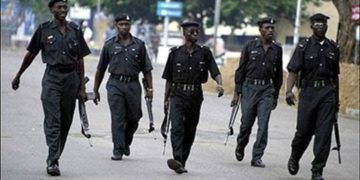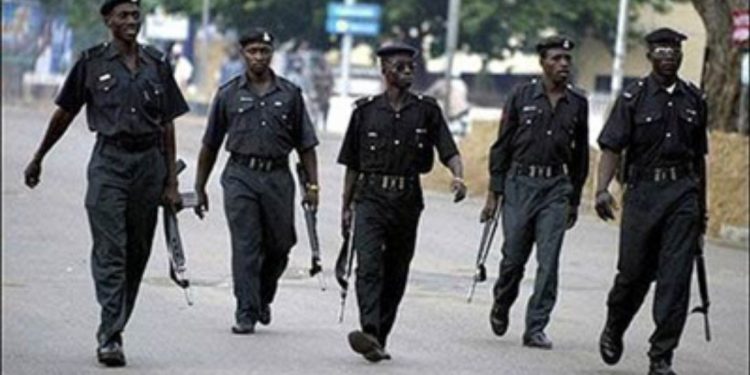By John Ikani
Millions of people in northern Nigeria are now under strict stay-at-home orders as widespread demonstrations against the soaring cost of living grip the country.
Governments in Kano, Jigawa, Yobe, and Katsina states have imposed 24-hour curfews, preventing residents from leaving their homes.
Officials claim these measures are necessary to stop “hoodlums” from hijacking the protests and causing destruction.
Security forces are on high alert nationwide as organizers plan nine more days of protests.
The first day saw the largest crowds in Kano, where police used live ammunition, tear gas, and water cannons to disperse demonstrators.
Tragically, three people lost their lives, and many others were injured.
Looters took advantage of the chaos, breaking into a warehouse near the governor’s house. Police have arrested 269 people and recovered stolen goods, including large amounts of cooking oil.
Amnesty International reports that 13 protesters were killed by security forces nationwide on the first day of demonstrations. The death toll rose further when an explosion killed four people in Borno state. Dozens more were wounded.
While authorities blamed the explosion for the curfew in Borno, the state joined its neighbours in imposing strict restrictions.
The blast occurred in a rural area, killing 16 people at a teashop. Boko Haram, the militant group active in the region, is suspected but has not claimed responsibility.
Protests continued on the second day, with police using tear gas to disperse demonstrators in the capital, Abuja. In Lagos, some businesses reopened, but internet service remained unreliable. The police chief has put officers on high alert to maintain public order.
The protests, organized through social media, were inspired by successful demonstrations in Kenya that forced the government to abandon tax hikes. Protesters in Nigeria are demanding an end to bad governance and calling for electoral and judicial reforms.
The removal of fuel subsidies by President Bola Tinubu has fueled public anger, leading to soaring prices for fuel and other goods. Government officials in Kano, Yobe, and Katsina blamed “thugs” and “miscreants” for violence and looting during the protests.




































